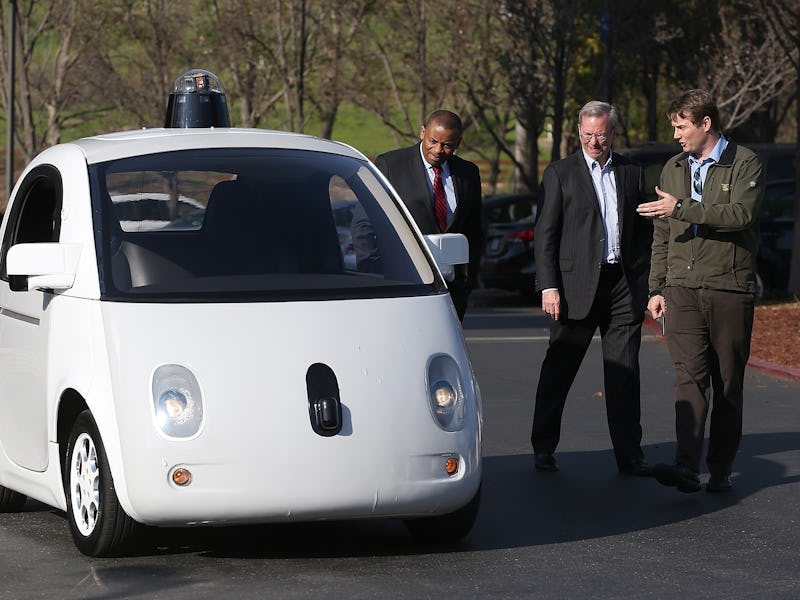At&T wants to power your future car with its network technology. When self-driving cars hit the mainstream, they’re going to need a way to communicate, and an exclusive partnership with the American Center for Mobility announced Wednesday seems like the ideal way of making that happen.
The American Center for Mobility is a new facility in Detroit that broke ground on November 21. Costing $1.2 million, the site for the autonomous car testing facility was previously owned by General Motors, before the firm’s bankruptcy in 2009. The Willow Run site is intended to replicate the real world, with a 2.5-mile highway loop and 700-foot curved tunnel. In total, the project is expected to cost a staggering $80 million.
“AT&T is bringing its cellular network strength and industry leadership into a comprehensive CAV [connected and automated vehicle] test facility, and were thrilled to have them as our first industry collaborator,” John Maddox, president & CEO of the American Center for Mobility, said in a statement.
Self-driving cars can use cellular data connections to send and receive critical information about the way they operate. For example, cars that sense an impending collision could pass that information onto nearby vehicles, so they can include that in their assessment of what to do next. Future standards are being discussed that will use traffic prioritization technology: the Netflix streaming to the backseat is probably less important than the data telling the car which obstacles to watch out for.
An early self-driving car from 2008, driving around a test facility not too dissimilar to the one in Detroit.
AT&T has identified three areas where it can contribute to the American Center for Mobility: enhancing network security for these “talking” obstacles like signposts, researching how self-driving cars can use this data to act in the real world, and experimenting with new cellular network technologies that will improve communications.
The partnership means AT&T will have a better understanding of how new technologies will work in real-world scenarios, increasing their attractiveness to automobile makers. The partnership also helps to make a stronger case for future network upgrades as they arise.
It’s no secret that AT&T is interested in driverless car technology. Back in June, it started work on a new round of 5G trials, the next generation of mobile connectivity that promises faster speeds and better traffic management. The standard is far from finalized, but AT&T believes the technology is ideal for cars of the future. Through the American Center for Mobility, AT&T just discovered a big way to sell the idea to the world.
